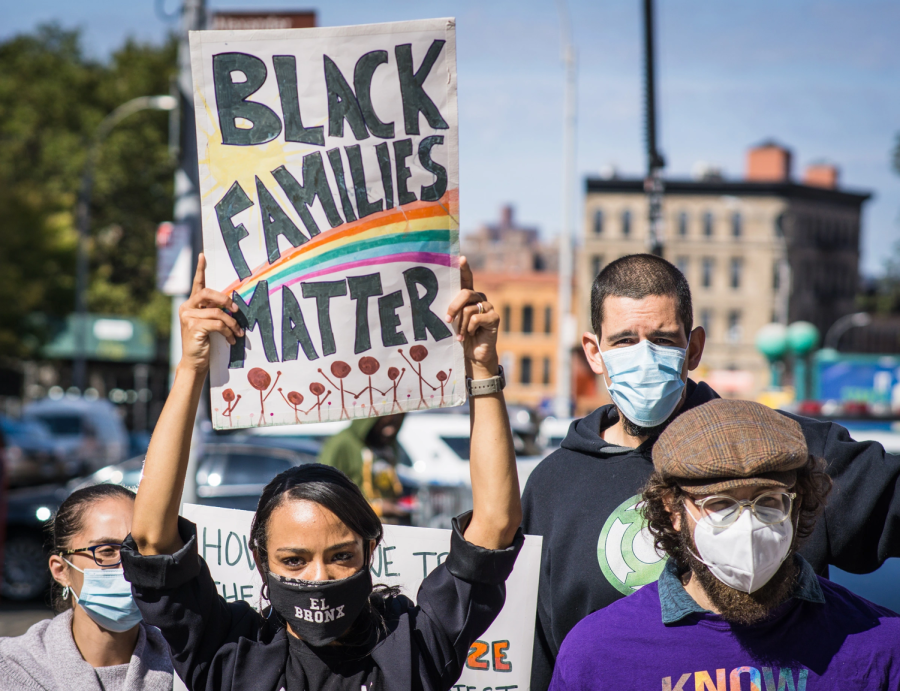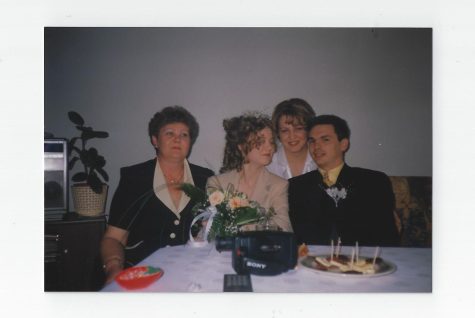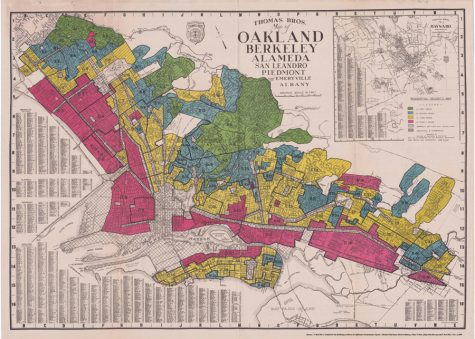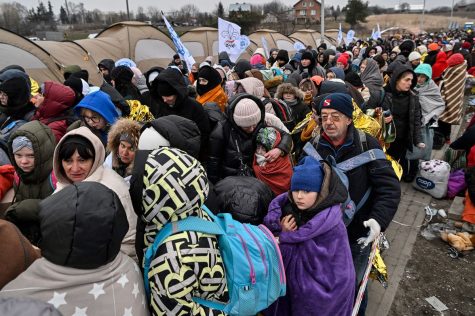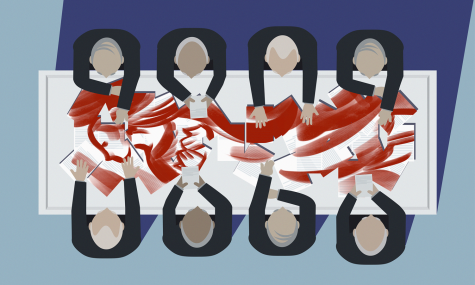Racism in Disguise: Black Families Disproportionately Targeted by Child Welfare System
March 22, 2023
Discriminative practices of the child welfare system affect children every day in the U.S.. Black families are separated from their children at drastically higher rates than white families across the country in part due to racism in the child welfare system.
According to BIOETHICS Journal “Racism has resulted in significant disproportionality and disparity in many areas, including the systematic process of assessment, investigation, and intervention for child abuse and neglect in the U.S. Being Black is not< an inherent risk factor for child abuse and neglect. Yet, Black children are almost twice as likely to be victims of substantiated abuse and neglect claims compared to white and Hispanic children and almost six times as likely as Asian children.”
The practices used to seize these children are unethical and in many cases depending on the writing of the laws, may be illegal. Furthermore; when there is a capable parent available, the steps they must take to reclaim their seized child are unethical, immensely time-consuming as well as unrealistic, and unjust.
The topic of racism in the child welfare system is often ignored or reported in a biased way in the media. Some examples of this misrepresentation include negative press
ee fathers and criminals, despite what government data show[s],” said Tracy Jan of the Washington Post. These stereotypes are just that, stereotypes. False narratives propagated by the media.
The larger issue is often ignored by the media. The facts are not simply that abused children are being “rescued” by the system. The facts are that when the child welfare system is privatized and the act of reporting families is incentivized, the children suffer. The media pushes the narrative that the child welfare system is ethical and solely motivated by looking out for the welfare of children. In reality, there is a “foster care to prison pipeline” that stems from the idea that children in the foster care system are expected to lead a life of struggle, underemployment, poverty, and increased chances of interacting with the criminal justice system.
However, there is no argument that some children need to be in foster care due to extenuating circumstances. In these cases, when there is a suitable parent or parents available for the children, discriminative forces in the system often exert their will and keep Black children from families simply because they deem them unfit. Being poor does not make you an unfit parent. According to a research study by the Center For Innovation Through Data Intelligence; “Adolescents who are involved in the foster care and justice systems, and in particular, those youth who are dually involved, are at risk for continued involvement in various systems throughout their young adulthood.”
Privatization of correctional institutions, alliances with local law enforcement, and “cooperation” with local child welfare agencies can go horribly wrong when racism pervades. One example of racism in the child welfare system is the story of Kenny Watkins, “Extraordinary Circumstances: A father’s years-long struggle to regain custody of his son.” Watkins’s journey follows his struggle to get his son back after child welfare seized his newborn three days after he was taken home from the hospital. The child’s mother who lived in a separate home was not able to take on the responsibility of caring for the child. Watkins and the baby’s paternal grandmother had a home for the baby, and he was employed and had no criminal record. Regardless, the child was seized without a warrant and without good reason.
After years of multiple hearings, court appearances, mandated therapy, parenting classes, supervised visits, and a lengthy trial, Watkins was able to get his child back. Only when another “referee” for the case was put in charge of the proceedings, did someone note that the correct procedure was not followed and there was no valid reason to seize the boy.
Another example demonstrating racism in the child welfare system is the story of Kenia Charles published in ,The Imprint. Approximately two years ago, a 37-year-old mother of five from Los Angeles County contacted 911 to seek protection from an abusive boyfriend. Not only the police but also the Department of Children and Family Services were dispatched to her residence as a result of her call.
A study in the New England Journal of Medicine found that despite similar rates of substance use between Black and white pregnant women, Black women were 10 times more likely to be reported to child welfare authorities for substance use during pregnancy” This article also emphasizes the harm to these children resulting from these practices. White people don’t get targeted in the same way that black people do when being asked questions or interviewed in the same situations.
Whether it is blatant racism or implicit bias, the outcomes demonstrated in these articles are dramatic. Whether it’s warrantless seizures of children under the guise of emergency intervention, mandated classes for parents with no history of abuse, or even a criminal record, the statistics are grossly disproportionate. It simply adds to the biased views of black parents that the system precipitates.
Black children are consistently removed from their homes at a higher rate than other races due to racial bias and or corrupt practices. Discretion must be used before removing children from the home.
The ability to report a family to child welfare services is a tool. When used properly these tools can save lives. However, when agencies report black families, either voluntarily or under the guise of mandated reporting without using forethought; this “privilege” if used improperly, destroys the lives of black children and their families.. Racist behavior in the child welfare system must be exposed, practices must be revised and staff must be trained and culturally aware. The life and health of black children and the welfare of black families depend on it.
The views expressed in this article are those of the author. They do not reflect the opinions or views of The Pioneer Newspaper or its members.




